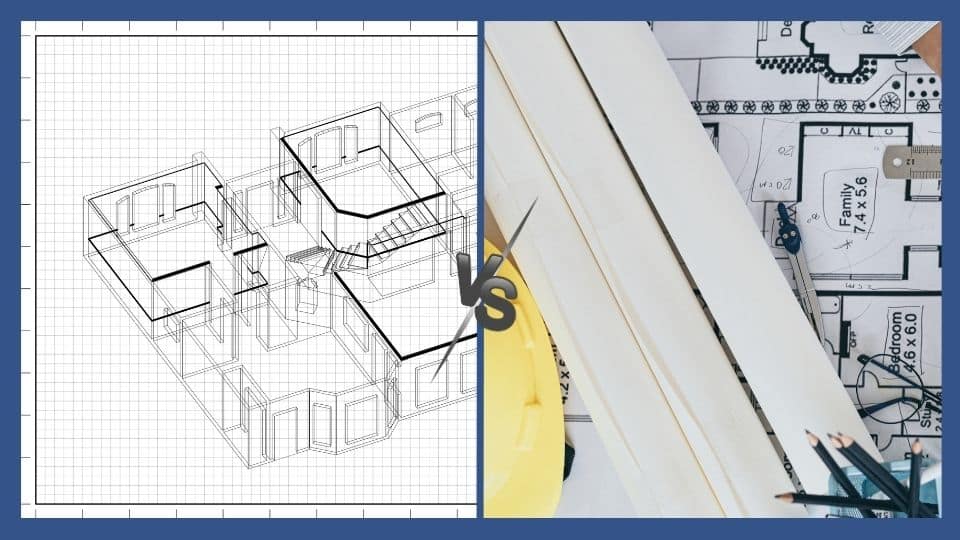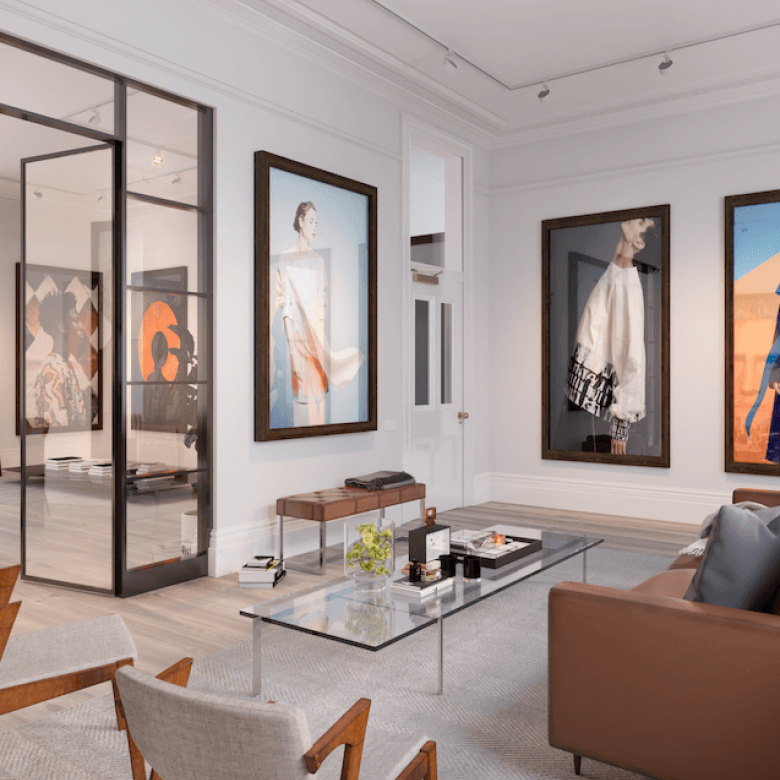Winchester Architect Services to Bring Your Vision to Life
Winchester Architect Services to Bring Your Vision to Life
Blog Article
The Art of Balance: Exactly How Interior Design and Home Engineer Collaborate for Stunning Results
In the world of home style, striking a balance in between aesthetics and functionality is no tiny feat. This delicate balance is attained via the unified cooperation in between interior developers and designers, each bringing their unique proficiency to the table. Remain with us as we discover the complexities of this joint process and its transformative effect on home design.
Recognizing the Core Differences Between Interior Decoration and Home Architecture
While both Interior Design and home architecture play crucial functions in creating cosmetically pleasing and useful areas, they are naturally various techniques. Home style mostly concentrates on the structural elements of the home, such as developing codes, security regulations, and the physical construction of the room. It deals with the 'bones' of the structure, functioning with spatial dimensions, bearing walls, and roof designs. On the other hand, Interior Design is much more worried with enhancing the aesthetic and sensory experience within that structure. It includes picking and organizing furniture, picking color pattern, and including ornamental elements. While they function in tandem, their roles, responsibilities, and locations of know-how deviate dramatically in the development of a harmonious home setting.
The Harmony In Between Home Design and Inside Layout
The synergy between home style and Interior Design depends on a shared vision of layout and the enhancement of practical aesthetics. When these two fields straighten sympathetically, they can change a home from normal to remarkable. This cooperation needs a much deeper understanding of each self-control's concepts and the capability to develop a natural, cosmetically pleasing environment.
Unifying Design Vision
Combining the vision for home architecture and indoor design can develop a harmonious living room that is both useful and cosmetically pleasing. It promotes a synergistic approach where architectural components complement interior layout elements and vice versa. Thus, unifying the style vision is important in blending design and indoor layout for magnificent results.
Enhancing Useful Looks
How does the harmony between home design and Interior Design boost functional appearances? This synergy makes it possible for the creation of areas that are not just aesthetically attractive yet also easily usable. Designers lay the foundation with their architectural design, making sure that the space is efficient and practical. The indoor developer then complements this with very carefully picked elements that improve the looks without compromising the performance. This unified cooperation can cause homes that are both livable and gorgeous. For instance, a designer may create a residence with huge windows and high ceilings. The indoor developer can after that emphasize these attributes with high plants and large drapes, respectively, thus enhancing the aesthetic appeal while maintaining the sensible benefits of natural light and spaciousness.
Value of Partnership in Creating Balanced Spaces
The collaboration in between interior designers and engineers is critical in creating well balanced spaces. It brings consistency between style and style, offering birth to areas that are not only visually pleasing however additionally functional. Checking out effective collaborative approaches can give insights into how this synergy can be efficiently achieved.
Harmonizing Layout and Design
Equilibrium, a necessary facet of both Interior Design and style, can only truly be accomplished look at this website when these 2 fields work in consistency. This consistency is not merely an aesthetic factor to consider; it affects the performance, resilience, and inevitably, the livability of a space. Interior architects and developers have to understand each check this other's duties, value their know-how, and communicate efficiently. They need to consider the interplay of structural aspects with style, the circulation of spaces, and the impact of light and color. This collective procedure causes a cohesive, balanced design where every aspect has a function and adds to the total visual. For that reason, balancing style and design is not simply concerning developing beautiful spaces, but regarding crafting areas that function effortlessly for their inhabitants.
Effective Joint Strategies

Case Studies: Successful Combination of Design and Architecture
Examining numerous case research studies, it ends up being evident just how the effective assimilation of Interior Design and architecture can transform a room. The Glass House in Connecticut, renowned for its minimalistic style, is one such example. Engineer Philip Johnson and interior developer Mies van der Rohe collaborated to produce an unified equilibrium between the interior and the framework, resulting in a seamless flow from the exterior landscape to the internal living quarters. Another exemplar is the Fallingwater Home in Pennsylvania. Architect Frank Lloyd Wright and indoor developer Edgar Kaufmann Jr.'s collective initiatives lead to an amazingly special home that mixes with its natural environments. These instance research studies highlight the extensive influence of an effective style and design cooperation.

Getting Over Difficulties in Layout and Style Cooperation
Regardless of the indisputable benefits of an effective partnership between Interior Design why not find out more and design, it is not without its challenges. Communication concerns can arise, as both parties may make use of various terminologies, understandings, and techniques in their job. This can result in misconceptions and delays in task conclusion. One more major challenge is the balancing act of aesthetic appeals and capability. Engineers might prioritize structural stability and security, while designers concentrate on comfort and style. The integration of these purposes can be complicated. Furthermore, budget plan and timeline constraints commonly include pressure, possibly causing breaks in the partnership. Reliable communication, shared understanding, and concession are essential to get over these challenges and accomplish a successful and harmonious collaboration.

Future Trends: The Developing Partnership Between Home Architects and Inside Designers
As the world of home layout proceeds to progress, so does the relationship in between engineers and interior developers. Conversely, interior designers are welcoming technical elements, affecting total design and performance. The future assures a more natural, cutting-edge, and adaptive strategy to home layout, as designers and designers proceed to blur the lines, promoting a partnership that truly personifies the art of balance.
Verdict
The art of balance in home layout is achieved through the unified cooperation in between indoor designers and designers. Despite challenges, this collaboration promotes growth and technology in layout.
While both interior layout and home architecture play crucial roles in developing aesthetically pleasing and useful rooms, they are naturally various self-controls.The harmony between home architecture and indoor layout lies in a shared vision of layout and the improvement of practical aesthetics.Linking the vision for home style and interior style can develop a harmonious living room that is both practical and visually pleasing. Therefore, unifying the design vision is essential in mixing style and interior style for stunning results.
Exactly how does the synergy between home style and interior layout enhance useful aesthetics? (Winchester architect)
Report this page